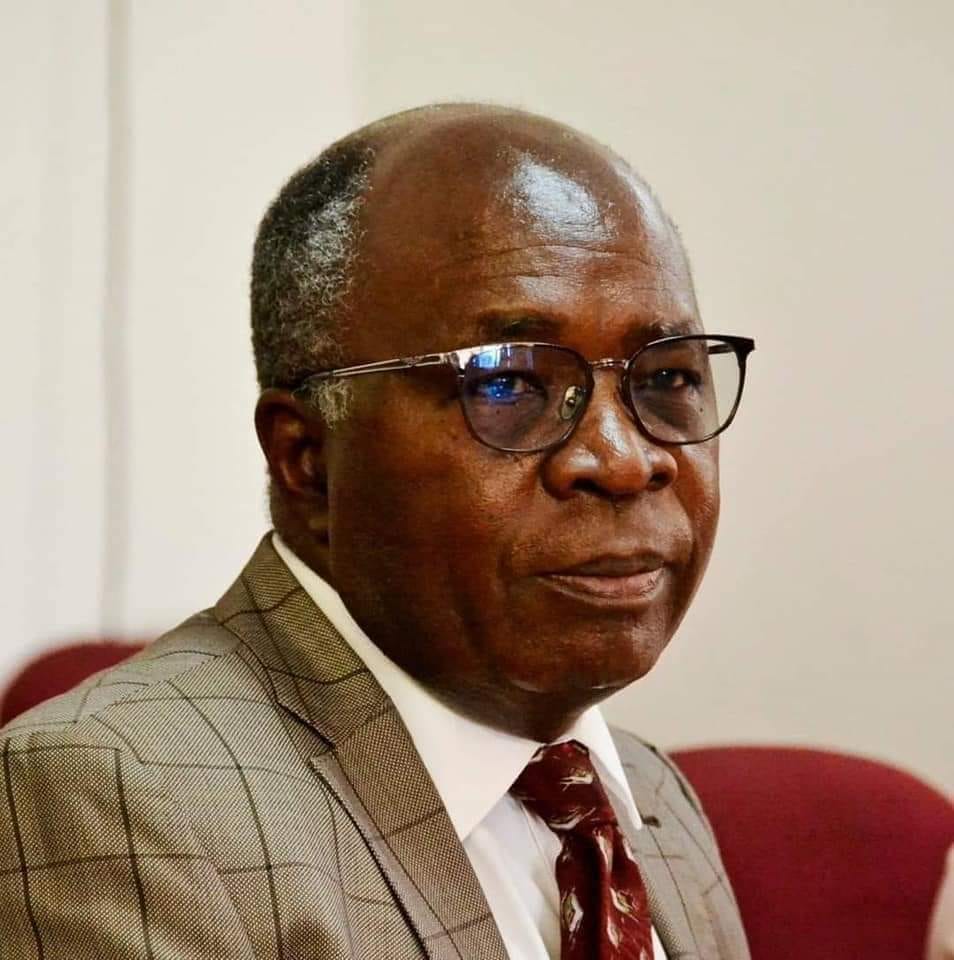Liquidity to tighten further after Govt directive to mop K14 billion from banks
Liquidity conditions for banks and in effect funds available for onward lending to local businesses and individuals is expected to further shrink and is now threatening profitability of the industry after a directive from the ministry of finance.
According to memos seen by the Zambian Business Times – ZBT, Secretary to the Treasury Felix Nkulukusa issued a directive that commercial banks should surrender all their deposits held by government institutions into a central bank mopping account.
However, analysts who spoke to ZBT but asked for their identity to be withheld revealed that this move by government seems desperate as they are already aware that the Bank of Zambia – BOZ recently increased the statutory reserve ratio and had also increased lending rates, moves that result into reduced liquidity.
This move now which is mopping out say above K1 billion for some banks has the potential to erode profitability. How do you expect a bank to raise over K1 billion which is being withdrawn at once to be covered with the existing no money in circulation complaints in the market?
Another analyst told ZBT that this move is threatening the liquidity of some banks as the amounts to be withdrawn at once is simply unreasonable. Decision makers need to consult before issuing some of these directives as they may end up causing more harm than good to the already stressed economy.
Nkulukusa in the various memos sent to banks stated that “the treasury has observed that ministries, provinces and agencies are maintaining approximately K12 billion to K14 billion bank balances in various bank accounts across the 17 financial institutions approved to provide services to government. This has led to government borrowing its own money at a high cost”.
The Secretary to the treasury further directed that “banks should transfer the deposits into a mopping account held at BOZ. The banks have been pressed to effect the immediate transfers and report back on 2 February 2024.
Embattled minister of Finance Dr. Situmbeko Musokotwane has come under heavy criticism following continued depression of Zambia’s macro economic variables. Musokotwane has not announced any emergency actions to stem the Kwacha slide.
Under his watch, despite his earlier assurance for a quick turnaround in obtaining an IMF backed extended credit facility of about $1.3 billion and reaching a debt restructure deal, the Zambian economy has come under more stress.
This economic stress has now been compounded by the continued depreciation of the Kwacha (which has now crossed the K27 to a US dollar rate) and the most recent 14% increase in cost of fuel at end January 2024, resulting in a steep cost of living crisis
